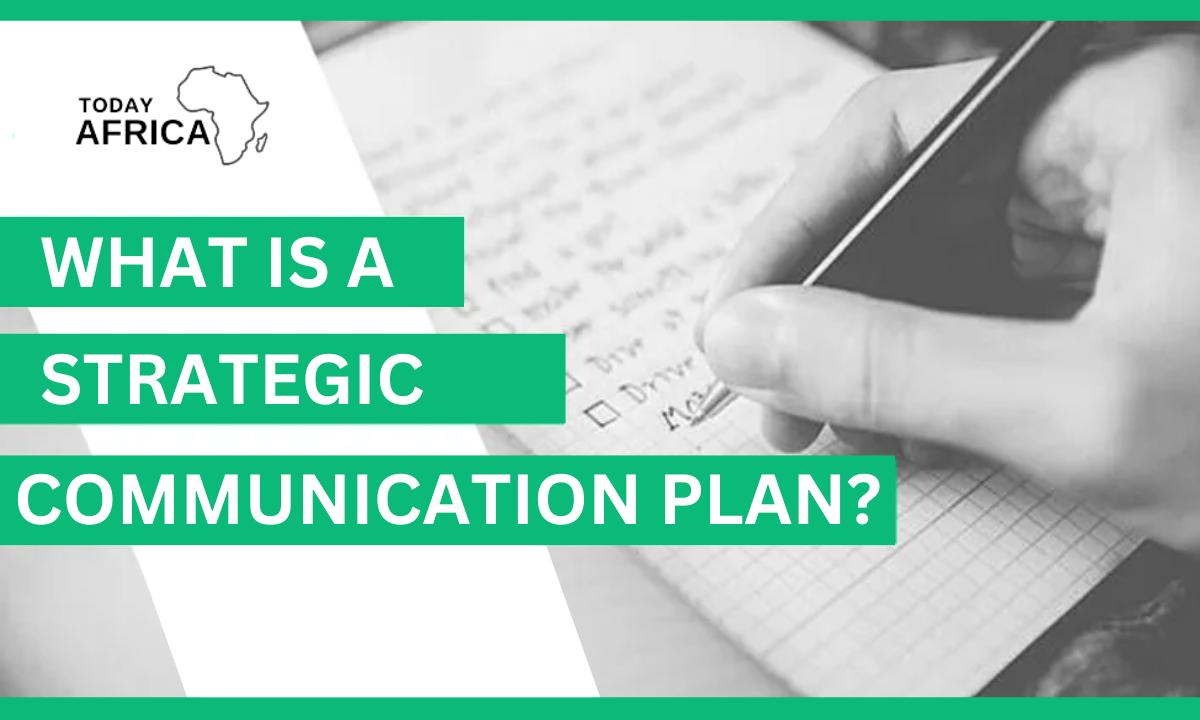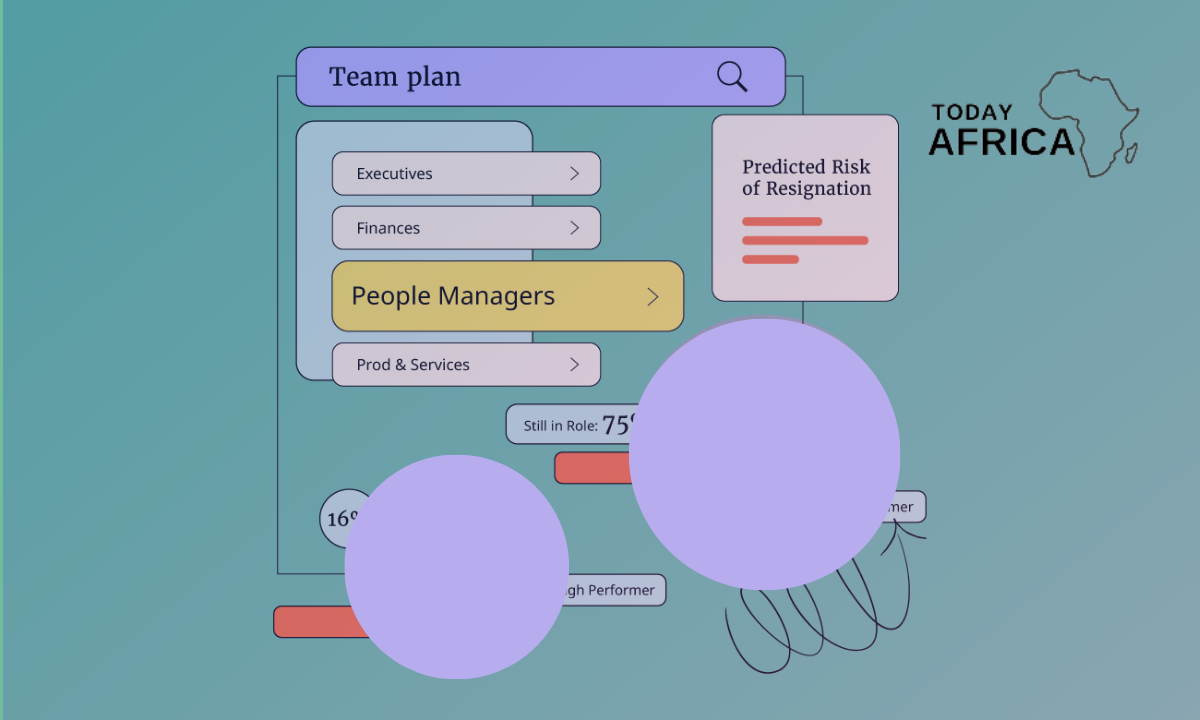In the world of real estate investment, one of the key metrics used to evaluate the performance of a property is the payback period.
The payback period helps investors assess how long it will take for an investment to recoup its initial cost, based on the income generated from the property.
For both novice and seasoned real estate investors, understanding the concept of payback period is crucial for making informed decisions about where to allocate resources and which properties offer the best return on investment (ROI).
In this blog post, we’ll explore what is a good payback period for real estate, its significance and factors that affect it, and what constitutes a “good” payback period in real estate.
What is a Good Payback Period for Real Estate?
The payback period in real estate refers to the length of time it takes for an investor to recover the initial capital investment through the net income generated by the property.
Simply put, it’s the time frame within which the income from the property equals the amount invested.
This metric is especially popular among real estate investors as it offers a straightforward way to assess risk and profitability. Unlike more complex financial metrics, the payback period focuses solely on the time it takes to break even.
It does not account for profits earned beyond the breakeven point or other financial factors such as the time value of money.
Therefore, while the payback period is a valuable tool, it’s best used in combination with other metrics to paint a complete picture of an investment’s potential.
Importance of Payback Period for Real Estate Investors
For real estate investors, the payback period is essential because it:
- Indicates risk: A shorter payback period usually means a lower risk because the investor recoups the initial investment faster. The longer it takes to recover the cost, the higher the exposure to unforeseen risks like market downturns, changes in tenant demand, or unexpected maintenance costs.
- Guides investment decisions: Comparing the payback periods of different properties allows investors to prioritize projects that offer quicker returns.
- Liquidity assessment: Real estate investments are typically less liquid than stocks or bonds. Understanding how quickly you’ll recover your cash is critical for managing liquidity in your investment portfolio.
- Simple and intuitive: While it doesn’t consider all variables, the payback period is easy to calculate and provides a clear, easy-to-understand timeframe for investment recovery.
Factors Affecting the Payback Period
The payback period can vary greatly depending on several factors, including the property type, location, rental income, and operating expenses.
1. Property type
The type of real estate plays a significant role in determining the payback period. For example:
- Residential properties: These typically have lower purchase prices and higher turnover rates, leading to a shorter payback period. However, long vacancies can extend the payback period.
- Commercial properties: Commercial properties usually have higher purchase prices but can generate larger rental incomes, shortening the payback period if tenants are secured long-term.
- Short-term rentals: Vacation rentals or Airbnb properties can yield high rental incomes, but seasonal fluctuations and high operating costs might extend the payback period.
2. Location
Location is a critical factor that influences rental income, property appreciation, and expenses. A property in a high-demand area will often have a shorter payback period due to higher rental rates and occupancy. On the other hand, properties in less desirable locations may suffer from longer vacancies or lower rental incomes, extending the payback period.
3. Rental income
The amount of rental income a property generates directly affects the payback period. Higher rental income reduces the time it takes to recover the initial investment. Rental income can be influenced by factors such as the quality of the property, local market conditions, and the target tenant demographic.

4. Operating expenses
Operating expenses include costs such as property management fees, maintenance, insurance, taxes, and utilities. If operating expenses are high, they can significantly lengthen the payback period as they reduce the net income from the property.
5. Financing terms
If you finance the property with a mortgage, the interest rate, loan term, and down payment can affect the payback period. Lower interest rates and shorter loan terms usually result in higher monthly payments but faster equity buildup, potentially shortening the payback period.
Read Also – 39 Commonly-used Startup Terminologies to Know This Year
What is Considered a Good Payback Period?
Determining what constitutes a “good” payback period depends on the investor’s goals, risk tolerance, and the type of real estate investment. Typically, a shorter payback period is considered more favorable, but this can vary by property type and market conditions.
1. Residential properties
For residential rental properties, a payback period of 5 to 10 years is often considered ideal. However, this can vary depending on market conditions. In high-demand urban areas, investors may accept a longer payback period if they expect significant property appreciation.
2. Commercial properties
Commercial real estate investments typically have longer payback periods compared to residential properties, often ranging from 10 to 15 years. However, the higher income potential and stability of long-term commercial tenants may justify a longer payback period.
3. Short-term rental properties
Short-term rental properties, such as vacation rentals, often have higher rental incomes, which can lead to shorter payback periods, typically ranging from 3 to 7 years. However, these properties may have higher operating expenses and vacancy rates, which should be factored into the calculation.
Read Also – How to Invest in Real Estate for Beginners
Payback Period vs. Other Investment Metrics
While the payback period is a useful metric, it should not be used in isolation. Other financial metrics provide a more comprehensive view of an investment’s potential.
1. Cash-on-cash return
Cash-on-cash return measures the annual cash flow relative to the initial cash investment. It’s a popular metric among real estate investors because it accounts for financing and gives a clear picture of the return on actual cash invested.
2. Net present value (NPV)
NPV calculates the value of future cash flows in today’s terms, subtracting the initial investment. A positive NPV indicates that the investment is expected to generate more money than the cost, making it a better financial choice than a negative NPV property.
3. Internal rate of return (IRR)
IRR measures the profitability of an investment, factoring in the time value of money and the entire life span of the investment. A higher IRR indicates a more profitable investment.
Improving Your Payback Period

There are several strategies investors can employ to reduce the payback period and improve profitability:
- Increase rental income: Consider upgrading the property, adding amenities, or increasing rent (if the market allows) to boost cash flow.
- Reduce operating expenses: Shop around for better insurance rates, negotiate service contracts, or take over property management to cut costs.
- Optimize financing: Refinancing a high-interest mortgage can significantly reduce monthly payments, increasing cash flow and shortening the payback period.
- Choose the right location: Focus on high-demand locations where vacancy rates are low, and rental income is high.
Final Thoughts
The payback period is an essential metric for real estate investors, providing a clear indication of how long it will take to recover an investment.
While shorter payback periods are generally more favorable, they must be evaluated alongside other metrics like cash-on-cash return, NPV, and IRR to make well-rounded investment decisions.
Understanding the factors that affect the payback period, such as property type, location, and operating expenses, will help investors make smarter, more profitable choices in the real estate market.
With careful planning, investors can not only shorten their payback period but also improve the overall return on their investment, ensuring long-term financial success.
Leave a comment and follow us on social media for more startup stories 2:
- Facebook: Today Africa
- Instagram: Today Africa
- Twitter: Today Africa
- LinkedIn: Today Africa
- YouTube: Today Africa Studio
















